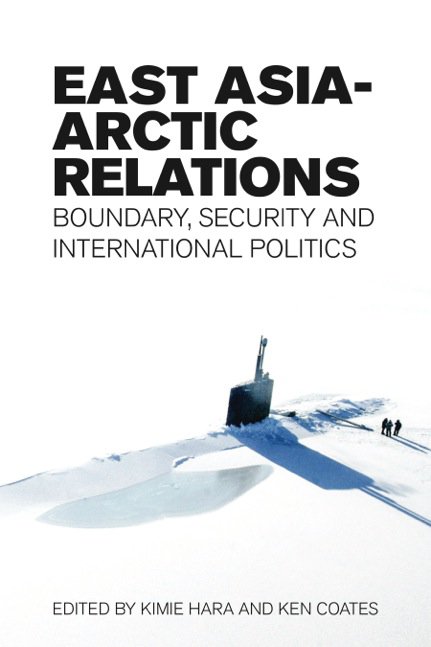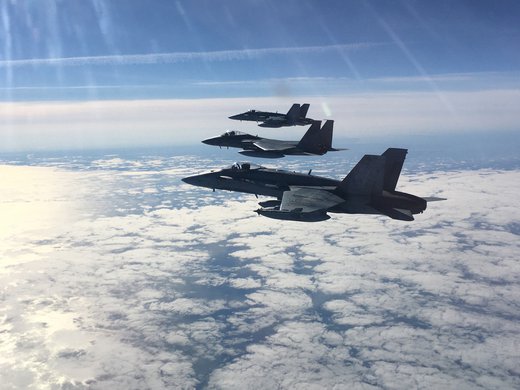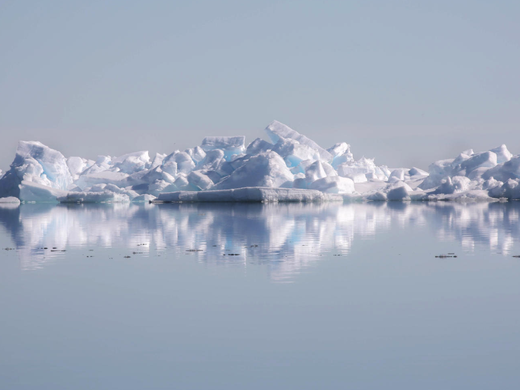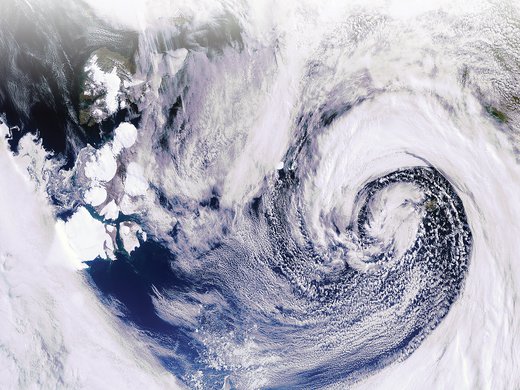The Arctic’s profile as a region for engagement and opportunity is rising among both circumpolar and non-circumpolar states. In addition to countries such as Canada, Russia and the United States, which have expressed a renewed interest in the region, East Asian countries, such as Japan, Korea and China, are now increasingly fixated on prospects offered by the Arctic.
To the present, Arctic and East Asian nations have not engaged in extensive discussions about competing and complementary Arctic activities and responsibilities. This volume is an outcome of an international collaborative project, which launched a focused and detailed conversation about the historic, contemporary and future dimensions of East Asian countries’ relationships and interests in the Arctic. Bringing together leading experts from Japan, China, South Korea, Russia, the United States and Canada, the volume draws scholarly and policy-making attention to East Asia’s growing interests in the Far North and identifies political, economic, legal and security connections between East Asia and the Arctic.
Two workshops were held in 2013: the first in Whitehorse, Yukon, and the second in Waterloo, Ontario. These workshops provided an opportunity for participating scholars to reflect on the issues at hand. Intensive discussions took place on the papers, which were submitted and circulated prior to the workshops. The focus was to identify potential points of conflict and cooperation. At both workshops, there were lively exchanges among the participants, who gathered from Japan, China, Korea, Russia, the United States, Norway and across Canada. The workshops also generated significant personal and collective discoveries and inspired participants to consider anew the fundamental political and economic relationships in the Arctic, as well as several research outputs.
This volume consists of the revised Whitehorse conference papers examining the interests of East Asian powers in the Arctic, in particular Japan, China and South Korea; Arctic powers with gateways to the Pacific on East Asia-Arctic relations, specifically the United States, Canada and Russia; the changing Arctic and its implications for East Asia in terms of security, economics and border regions; and East Asia-Arctic affairs from global and circumpolar perspectives.



